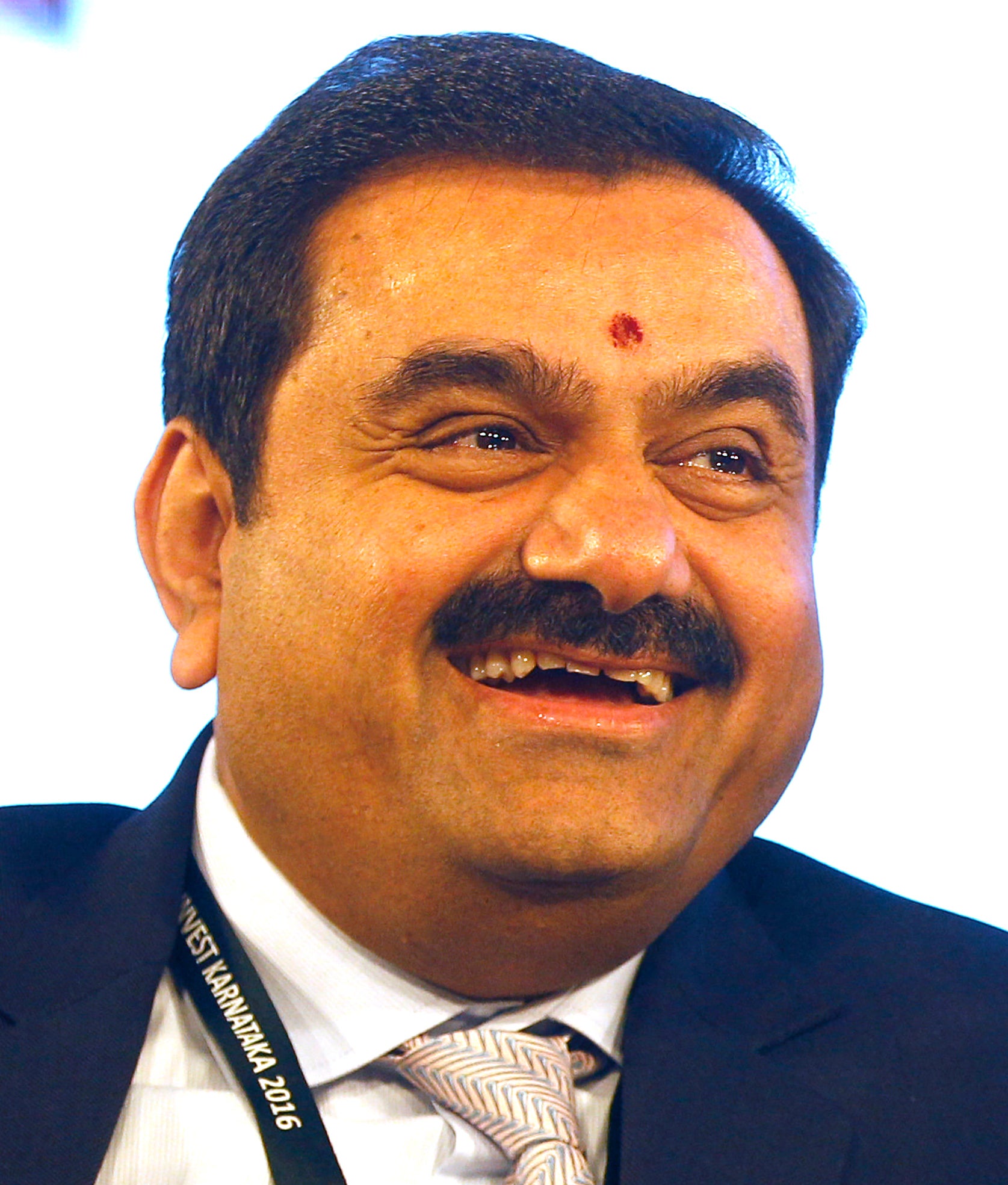Report says close associates of India's Adani Group secretly purchased large numbers of shares
Two people closely linked to India’s Adani Group, one of the country’s largest conglomerates, secretly purchased of millions of dollars of stocks in the group’s companies, possibly violating Indian law, according to a report by a network of investigative journalists

Your support helps us to tell the story
From reproductive rights to climate change to Big Tech, The Independent is on the ground when the story is developing. Whether it's investigating the financials of Elon Musk's pro-Trump PAC or producing our latest documentary, 'The A Word', which shines a light on the American women fighting for reproductive rights, we know how important it is to parse out the facts from the messaging.
At such a critical moment in US history, we need reporters on the ground. Your donation allows us to keep sending journalists to speak to both sides of the story.
The Independent is trusted by Americans across the entire political spectrum. And unlike many other quality news outlets, we choose not to lock Americans out of our reporting and analysis with paywalls. We believe quality journalism should be available to everyone, paid for by those who can afford it.
Your support makes all the difference.Two people closely linked to India's Adani Group, one of the country's largest conglomerates, secretly purchased millions of dollars of stocks in the group's companies, possibly violating Indian law, according to a report Thursday by a network of investigative journalists.
Market rules require that at least 25% of a company's shares be available for public purchase. The report by the Organized Crime and Corruption Reporting Project said the two men used “opaque investment funds based in the island nation of Mauritius" to obscure their involvement in controlling up to nearly 14% of the public shares.
The findings by the non-profit project were reported by The Guardian and The Financial Times. The project said they were based on files from multiple tax havens, bank records and internal Adani Group emails.
It identified the two investors as Nasser Ali Shaban Ahli and Chang Chung-Ling, and said they have longtime business ties to the Adani family and have served as directors and shareholders in the group’s companies.
The two investors traded large amounts of shares in four Adani companies between 2013 and 2018, the report said.
The Adani Group rejected the report, saying all of its publicly listed entities were in compliance with the law.
Stocks in all 10 of the Adani Group’s listed companies fell by up to 4% in trading Thursday afternoon.
The AP has not independently verified the allegations.
The report said that through the Mauritius funds, the two men bought and sold Adani stock and “made considerable profits in the process.”
“The question of whether this arrangement is a violation of the law rests on whether Ahli and Chang should be considered to be acting on behalf of Adani promoters,” it said. “If so, their stake in the Adani Group would mean that insiders altogether owned more than 75% allowed by law.”
In January, the U.S.-based short-selling Hindenburg Research firm accused the Adani Group and its head, Gautam Adani, of “brazen stock manipulation” and “accounting fraud.”
Following those accusations, which the Adani Group denied, Gautam Adani’s net worth, which once made him Asia’s richest man, shrank by over $30 billion, according to Bloomberg’s Billionaire Index. At an estimated net worth of $64 billion today, Adani now occupies the 20th spot on the list.
Adani, 61, is perceived as having close ties to Prime Minister Narendra Modi. His critics say much of his success stems from his proximity to the government and to Modi, who at times has campaigned using an Adani jet. The tycoon has denied receiving preferential treatment from the government.
His companies, including infrastructure, coal, renewable energy and media, lost tens of billions in market value as investors dumped Adani stocks after the Hindenburg claims.
In March, India’s top court directed the country’s market regulator, the Securities and Exchange Board of India, to investigate whether there had been a violation of rules or manipulation of stock prices by the Adani Group.
The board told the Supreme Court last week that its investigation was nearly complete and included an examination of offshore deals, without outlining its findings, local media reported.